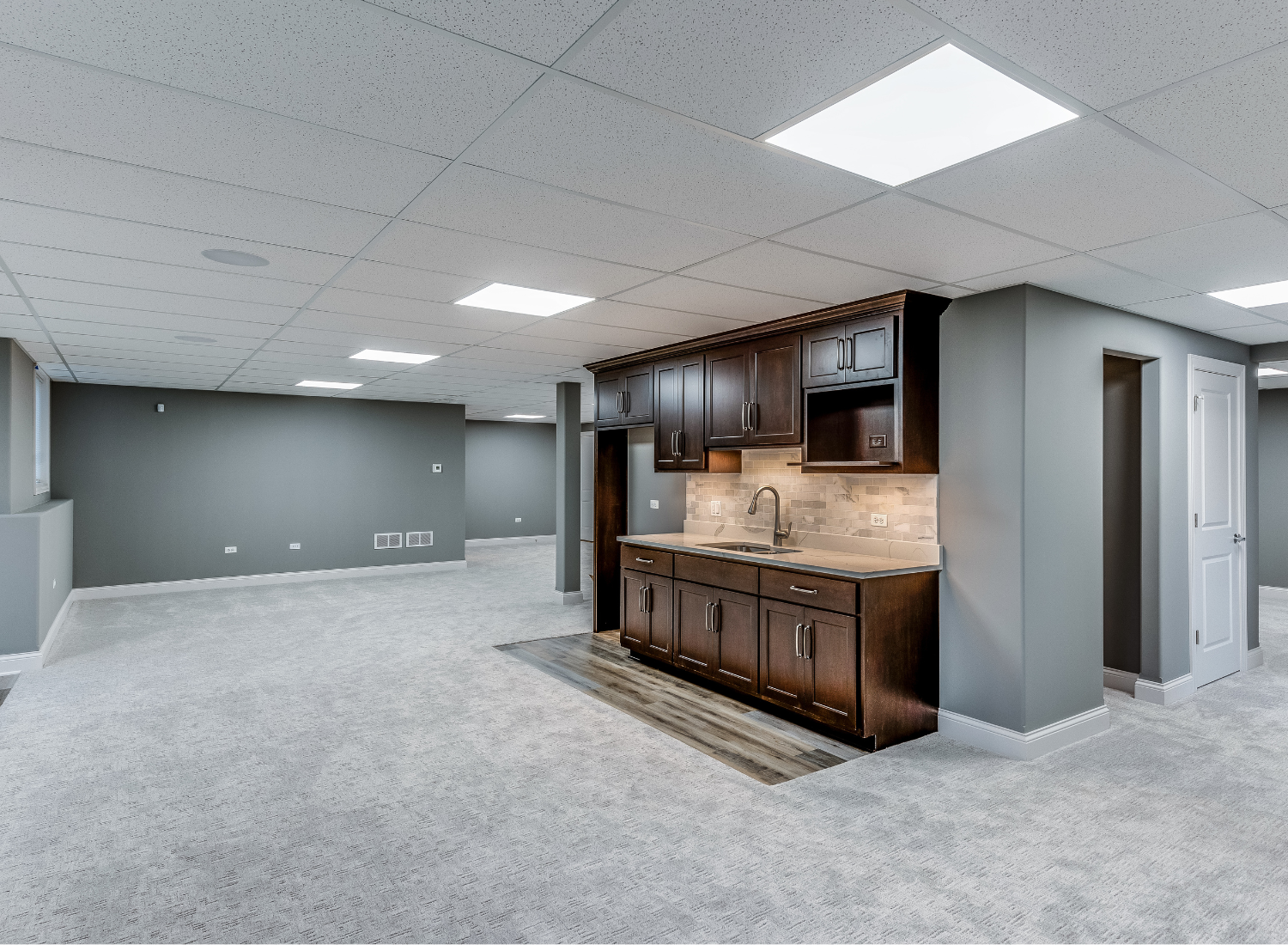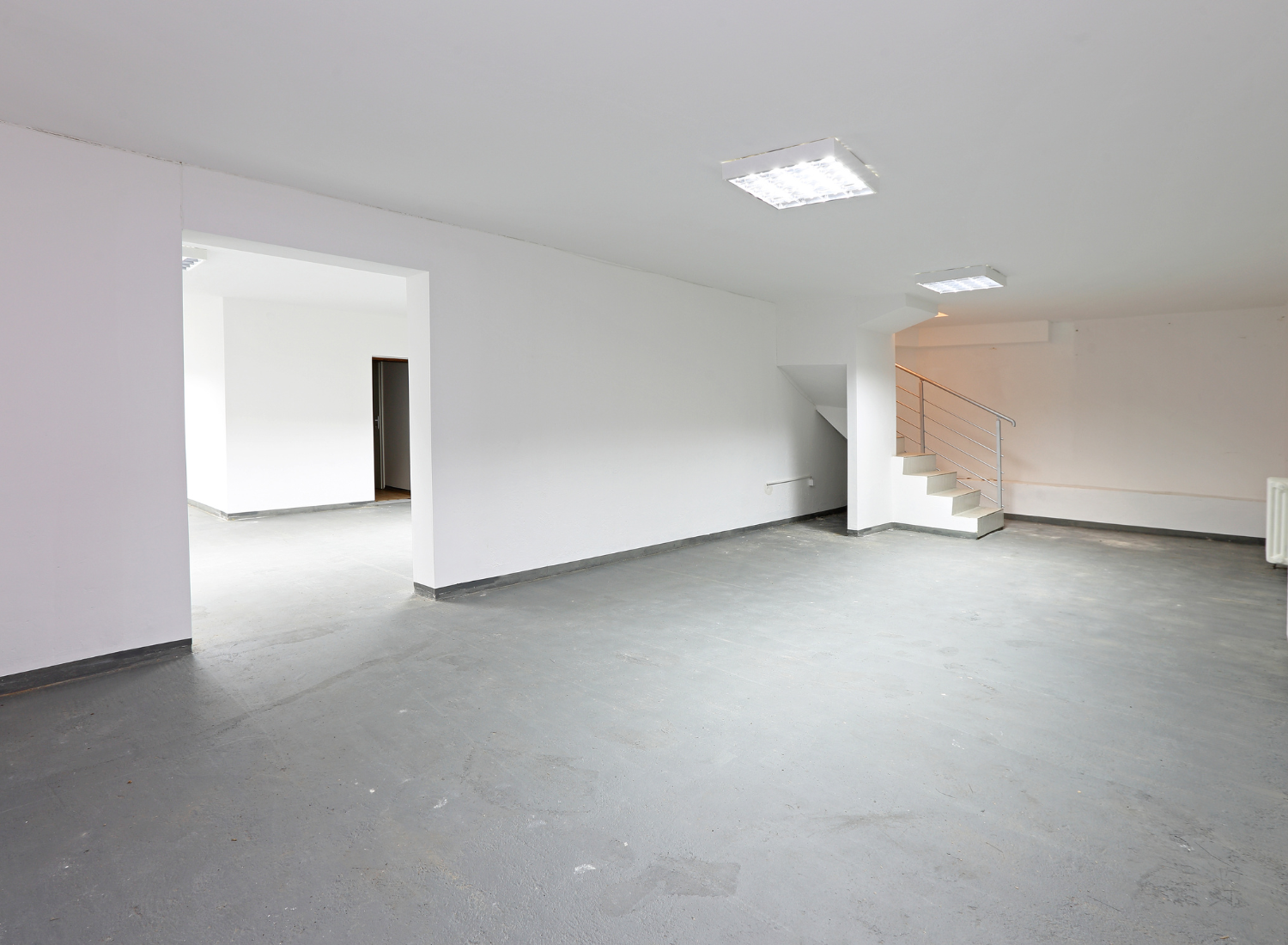
Hiring a finished basement contractor isn’t like calling a handyman. It’s bigger. More technical. And honestly — riskier if you don’t know what you’re doing.
Basements? They’re tricky. Damp. Low ceilings. Codes. Hidden pipes. One wrong move and you’re redoing everything in two years. That’s why choosing the right pro matters.
This guide goes beyond just finding a contractor. We’ll talk basement remodeling design choices, long-term planning, and hidden costs no one warns you about. We’ll cover practical steps, mistakes people make, and even ROI — because it’s not just about finishing walls, it’s about investing in your home.
And here’s the thing — if you want it done right the first time, Bay Area General Contractors Inc. has built a reputation on exactly that. They don’t just “finish” basements. They transform them.
Key Takeaways
- A finished basement contractor must balance water, structure, and design.
- Don’t hire blind — ask the right questions.
- Basement remodeling is more than looks. It’s waterproofing, comfort, and code compliance.
- Budget for hidden costs. Always.
- The right contractor (like Bay Area General Contractors Inc.) pays for themselves in avoided mistakes.
What Does a Finished Basement Contractor Really Do?
More than just walls and floors.
Beyond the Basics
A good contractor handles:
- Waterproofing (yes, before anything else).
- Framing, drywall, ceiling installs.
- HVAC, plumbing, electrical tie-ins.
- Flooring and finishes.
They also serve as the main project manager. Keeping electricians, plumbers, inspectors, and city permits aligned. Without one, you’re juggling five trades and hoping for the best.
Why Experience Counts
Basements aren’t forgiving. One missed leak? Mold. One weak beam? Sagging ceiling. A cheap floor choice? Warps in a year.
A seasoned contractor knows how to prevent disaster. They see things you won’t. For example: that “small crack” in your foundation? They’ll test it before laying a single floorboard. That’s money saved.
How to Choose the Right Contractor
People mess this up all the time. Don’t.
Credentials First
- Licensed. Bonded. Insured. Period.
- If they hesitate? Walk away.
Basement Experience
Not kitchens. Not decks. Basement remodeling.
Ask for pictures. Past projects. Before and after shots.
Written Contract
No handshake deals. You need:
- Timeline.
- Materials.
- Payment schedule.
- Warranty.
Protect yourself.
Permits
A professional finished basement contractor deals with city codes for you. They’ll know egress window requirements. Fire safety. Minimum ceiling height.
References & Reviews
Talk to their clients. Don’t just read Google stars. Ask real questions:
- Did they finish on time?
- Did costs balloon?
- How’s the basement holding up today?
Planning Your Basement Remodel
Contractors build. But you direct the vision.
Step 1: Purpose
Ask yourself — what’s the basement for?
- Entertainment? Theater room, bar, or game zone.
- Guest suite? With bathroom and storage.
- Rental unit? Needs kitchen, bathroom, and private access.
- Gym or office? Requires ventilation, light, and comfort.
Your answer dictates the remodel.
Step 2: Layout & Light
- Open plan feels airy.
- Separate rooms create privacy.
- Light wells, egress windows, and glass doors brighten spaces.
- Lighting design matters — layer recessed, task, and accent lighting.
Step 3: Comfort Matters
- Insulate walls and ceilings. Avoids heat loss and noise issues.
- Heated floors. Perfect for cold climates.
- Soundproofing. Keeps upstairs noise away — and basement sound in.
Step 4: Style & Finishes
- Flooring: waterproof vinyl, tile, or engineered wood.
- Walls: drywall with mold-resistant primer.
- Ceilings: drop ceilings for access, drywall for clean look.
- Colors: lighter shades open space, darker adds coziness.
Step 5: Future Proofing
Add extra outlets. Internet wiring. Smart home features. You may not need them today, but tomorrow you’ll thank yourself.
Costs & Budgets: The Real Numbers
Money talk.
Average Range
- Basic finish: $20k–$35k
- Mid-range: $40k–$70k
- High-end: $80k+
Costs vary by square footage, basement condition, and finishes.
Hidden Costs
- Waterproofing (non-negotiable).
- Permit fees.
- Upgrading old electrical panels.
- Beam or structural fixes.
- HVAC expansion.
- Designer or architect fees.
These often add 10–20% beyond your original budget. Plan ahead.
ROI
Expect 60–70% return at resale. But the bigger return? Quality of life. Turning dead space into a gym, rental, or family room makes your home more usable. More enjoyable.
Mistakes to Avoid
Save yourself from the top failures in basement remodeling.
- Skipping waterproofing. Leads to disaster.
- Underestimating lighting. Leaves spaces gloomy.
- Ignoring ceiling height codes. Can void permits.
- Going cheap on finishes. Costs more long-term.
- DIY plumbing/electrical. Unsafe and illegal in many cities.
A professional contractor avoids these.
Why Bay Area General Contractors Inc. Is Different
Most contractors talk. These guys deliver.
- Specialized in basements. Not “we also do basements.” They do them well.
- Handle everything — waterproofing, framing, finishes, permits.
- Transparent contracts. No “surprise” invoices.
- Proven track record with happy homeowners.
They don’t just build walls. They craft spaces that last.
FAQs
- How long does it take to finish a basement?
Usually 6–12 weeks. Larger basements or those with bathrooms/kitchens may take 14+ weeks. Delays often come from permits or unexpected repairs. - Do I need permits for a basement remodel?
Yes. Electrical, plumbing, and structural work almost always require them. Even small jobs may need city approval if they impact safety. - Can a finished basement be rented out?
Yes, if codes allow. You’ll need egress windows, proper plumbing, and sometimes a separate entry. Check with local zoning laws first. - What’s the best flooring for basements?
Moisture-friendly options work best. Vinyl plank, ceramic tile, and engineered hardwood are solid picks. Avoid carpet (absorbs moisture) and solid hardwood (warps). - How do I keep a basement warm?
Good insulation, vapor barriers, and radiant heat flooring. Pair with efficient HVAC ducting or ductless mini-split systems for maximum comfort.
Conclusion
Choosing a finished basement contractor isn’t just about construction. It’s about trust. Quality. Value.
Any basement remodeling project needs planning, budgeting, and the right partner. Pick the wrong one and you’ll regret it. Pick the right one, like Bay Area General Contractors Inc., and you’ll love that basement for decades.
Call to Action
Ready to turn that basement into your favorite room? Contact Bay Area General Contractors Inc. today. From design to permits to the final coat of paint — they handle it all.



